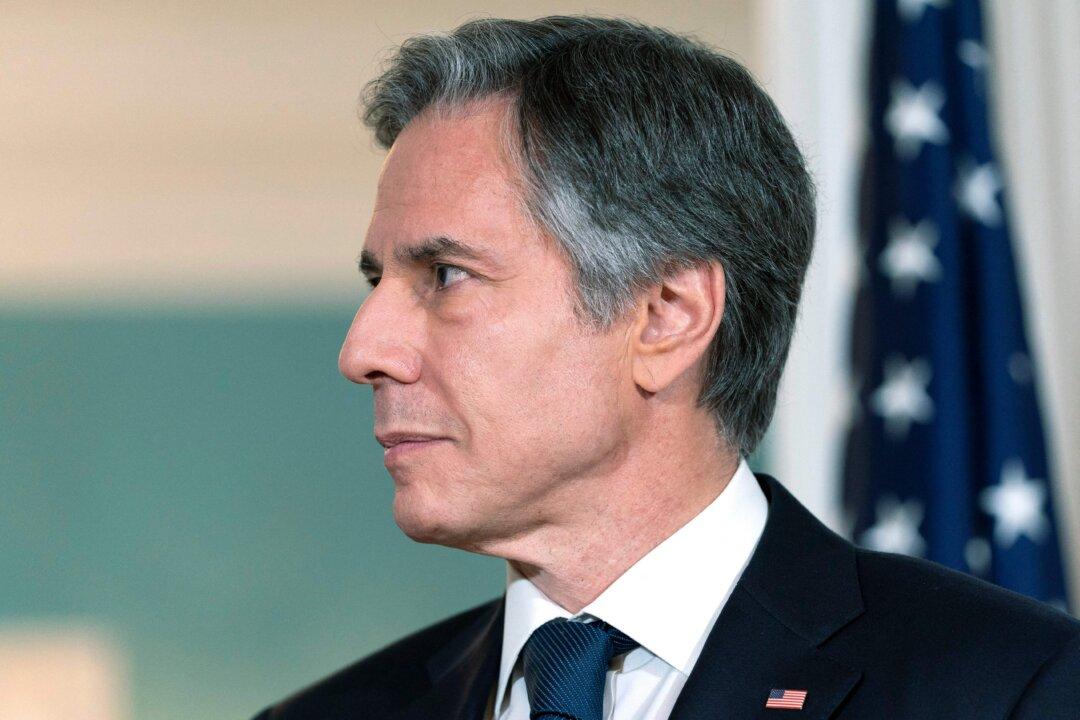U.S. Secretary of State Antony Blinken on Monday declined to disclose what the Biden administration would do to pressure the Chinese Communist Party (CCP) into allowing access to the Wuhan laboratory where the CCP virus, which causes COVID-19, is thought by some to have originated.
“What would the U.S. actually do of substance to pressure China to give access to the lab if China does not grant that access?” Rep. Lee Zeldin (R-N.Y.) asked Blinken during a congressional hearing.





